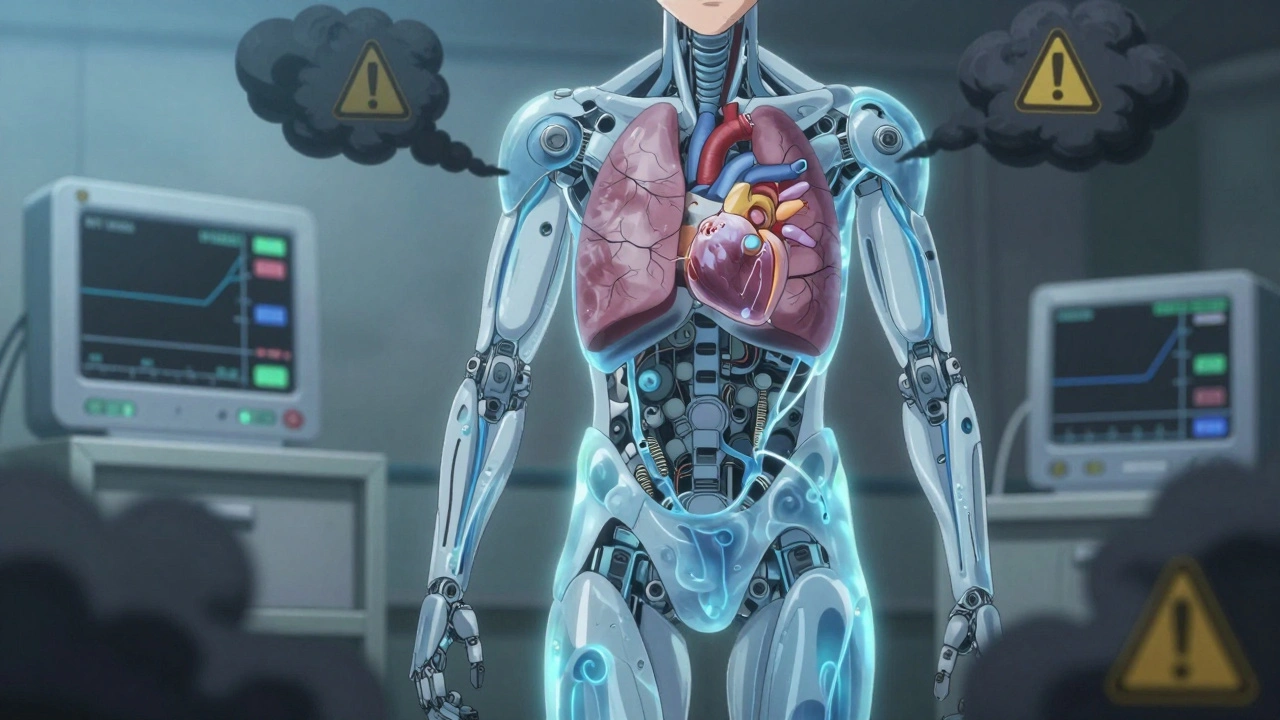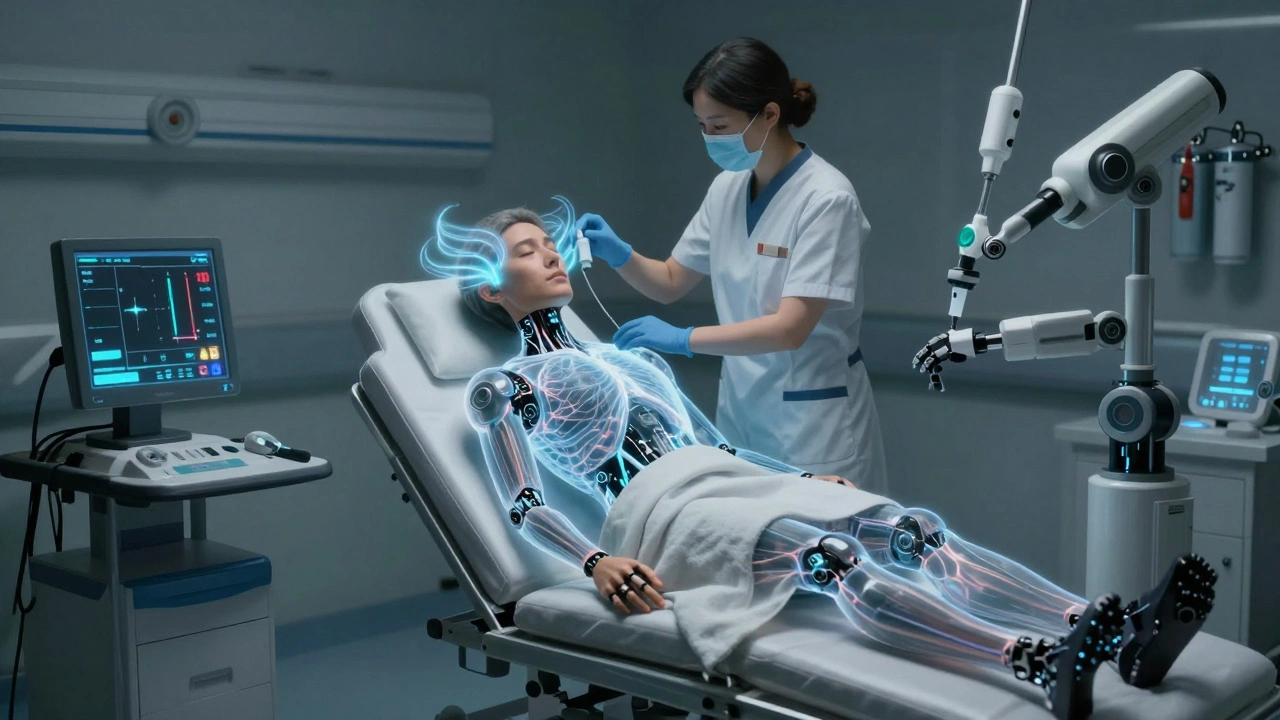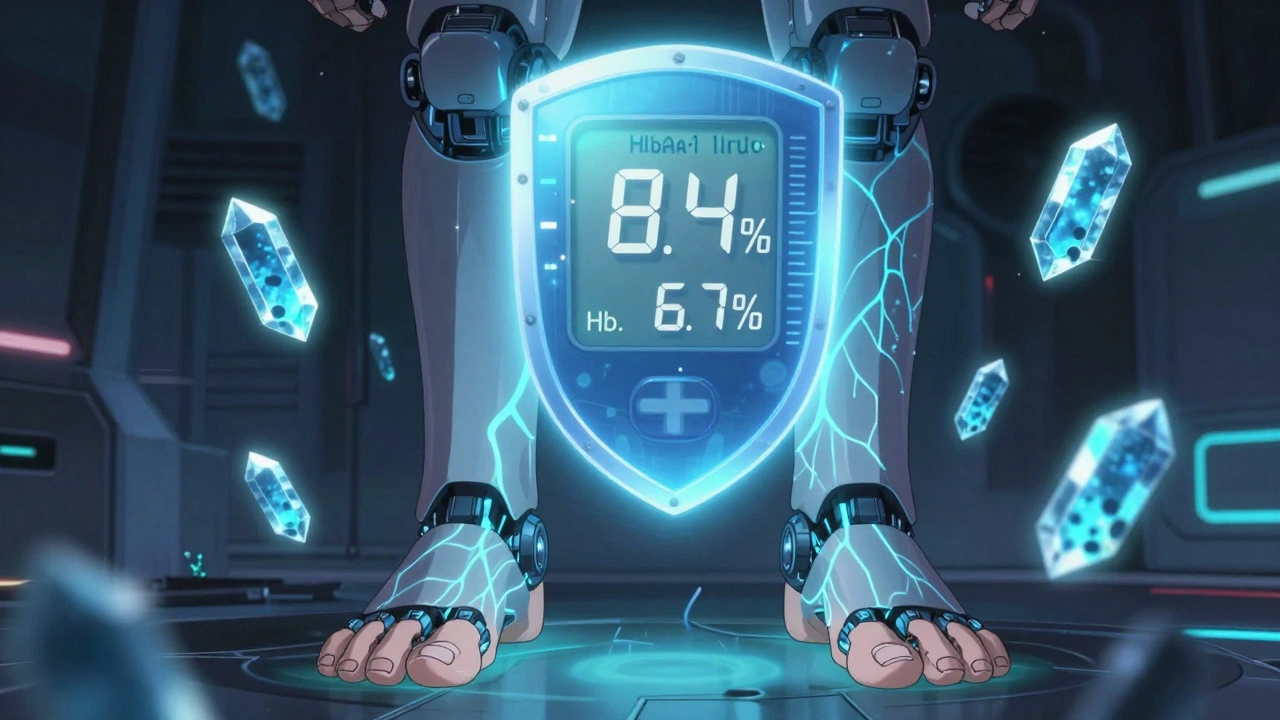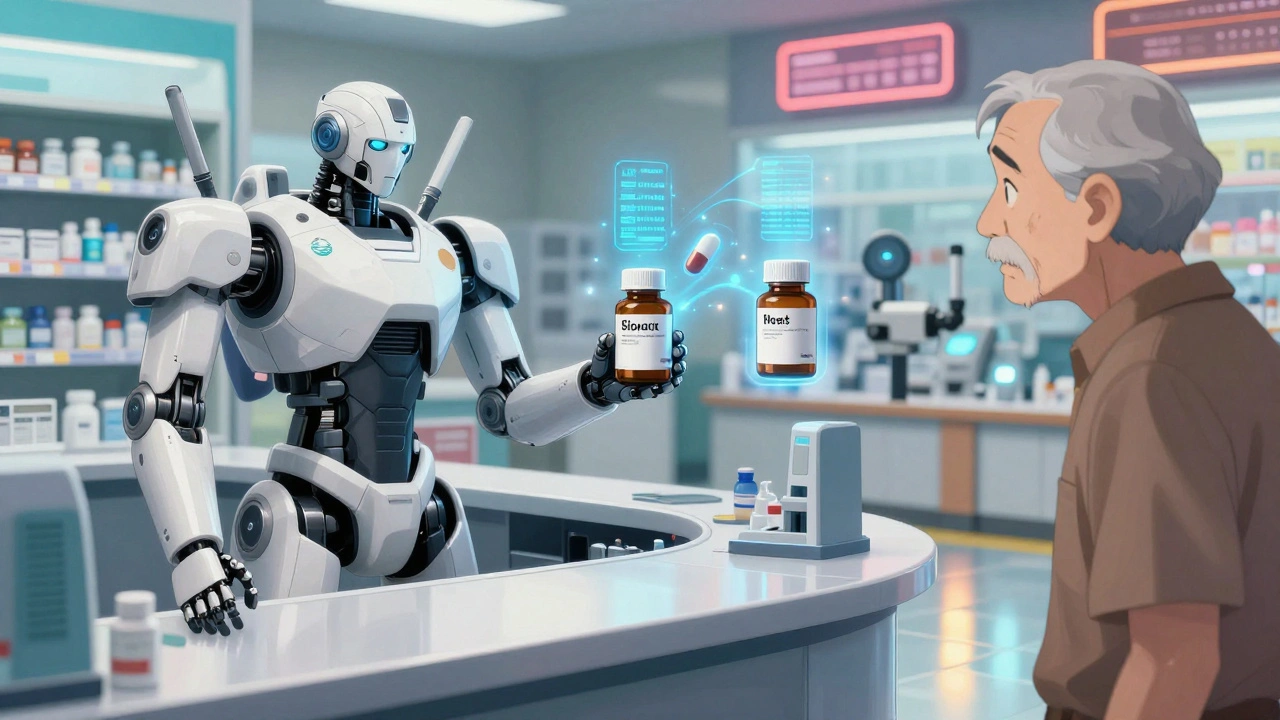BMPHARMACY.COM: Your Trusted Source for Pharmaceuticals - Page 7
Why Some Medication Side Effects Fade Over Time: The Science of Tolerance
Learn why some medication side effects fade over time while others don't. Discover how metabolic and cellular changes cause tolerance-and what you can do about persistent effects.
Pioglitazone Safety: Heart Failure, Edema, and Bladder Risks Explained
Pioglitazone (ACTOS) helps control blood sugar but carries serious risks including heart failure, fluid retention, and bladder cancer. Learn who should avoid it, what symptoms to watch for, and safer alternatives available in 2025.
Tinnitus: Understanding Ringing in the Ears and Effective Management Strategies
Tinnitus is a common condition causing ringing or buzzing in the ears without an external source. Learn the causes, how it's diagnosed, and proven strategies to manage it-including hearing aids, sound therapy, and CBT.
Esketamine Nasal Spray: What You Need to Know About Dissociation, Blood Pressure, and Monitoring
Esketamine nasal spray offers hope for treatment-resistant depression but comes with strict monitoring due to dissociation and blood pressure spikes. Learn how it works, what to expect, and why safety protocols matter.
Diabetic Neuropathy Pain Management: How to Protect Nerves and Reduce Pain
Learn how to manage diabetic neuropathy pain and protect your nerves with proven strategies for blood sugar control, effective medications, safe exercise, and emerging treatments. Real advice for real people.
Alcohol and Sleep Medications: The Hidden Danger of Combined Sedation
Mixing alcohol with sleep medications like Ambien or Unisom can cause deadly sedation, memory loss, and breathing problems. Learn why even one drink is dangerous and what safer alternatives exist.
EHR Integration: How Pharmacy-Provider Communication Is Transforming Prescription Safety
EHR integration connects doctors and pharmacies to share patient data in real time, cutting medication errors, reducing hospital readmissions, and improving adherence. Learn how it works, why adoption is slow, and what’s changing in 2025.
Common Pharmacist Concerns About Generic Substitution: What They Really Think
Pharmacists support generic substitution to save patients money, but face resistance from patients who distrust cheaper drugs, doctors who don't promote them, and complex rules around high-risk medications. Learn why this common practice sparks real concerns behind the counter.
Provider Education on Generics: How Clinicians Can Improve Patient Outcomes with Generic Medications
Generic drugs make up 90% of U.S. prescriptions but many clinicians still lack confidence in them. Learn how better provider education improves prescribing, patient adherence, and healthcare costs.
Future Legal Developments: Proposed Laws and Regulatory Changes in 2025-2026
In 2025-2026, major legal changes are reshaping labor laws, taxes, housing, and gun rights across the U.S. California leads with sweeping reforms, while federal policies shift in unexpected directions. Businesses must adapt or face costly compliance failures.









